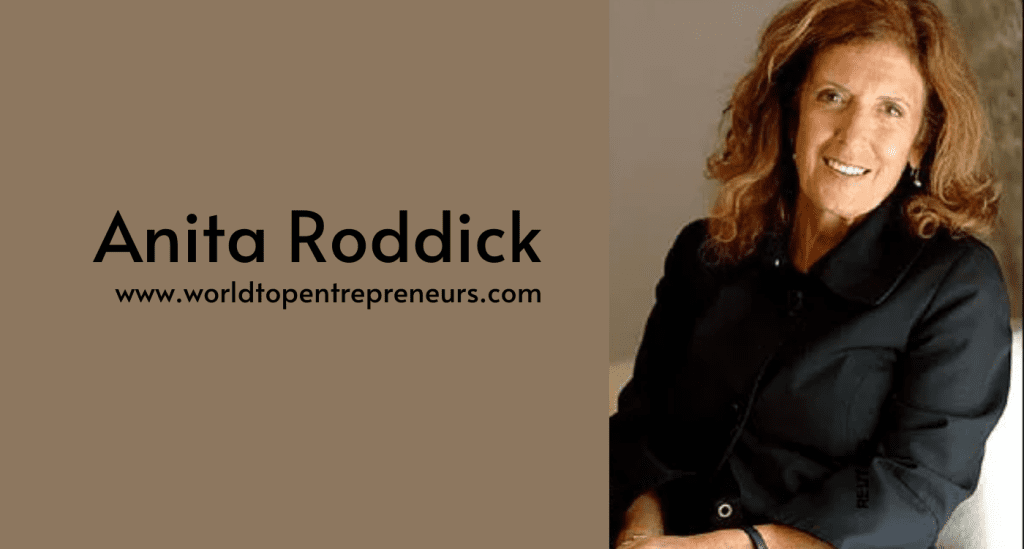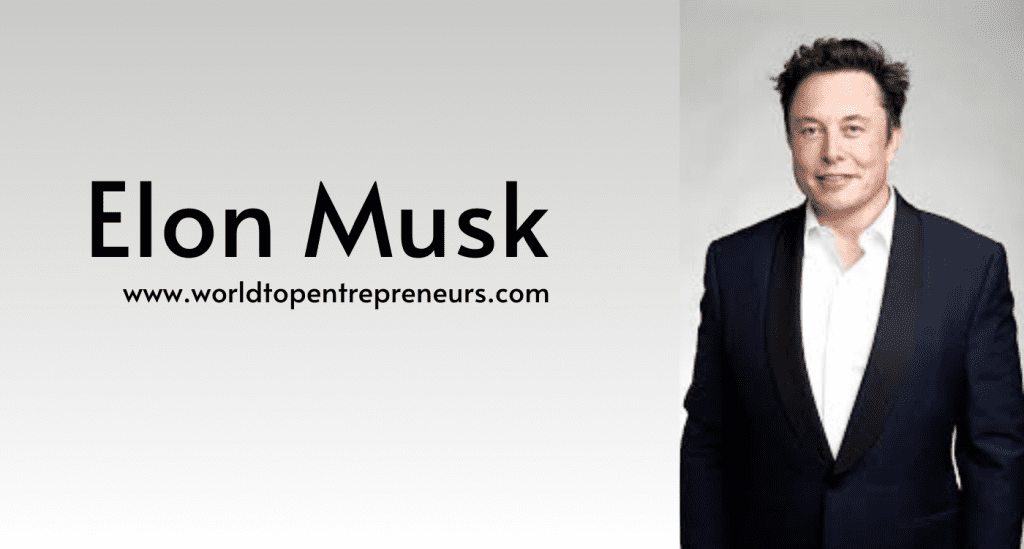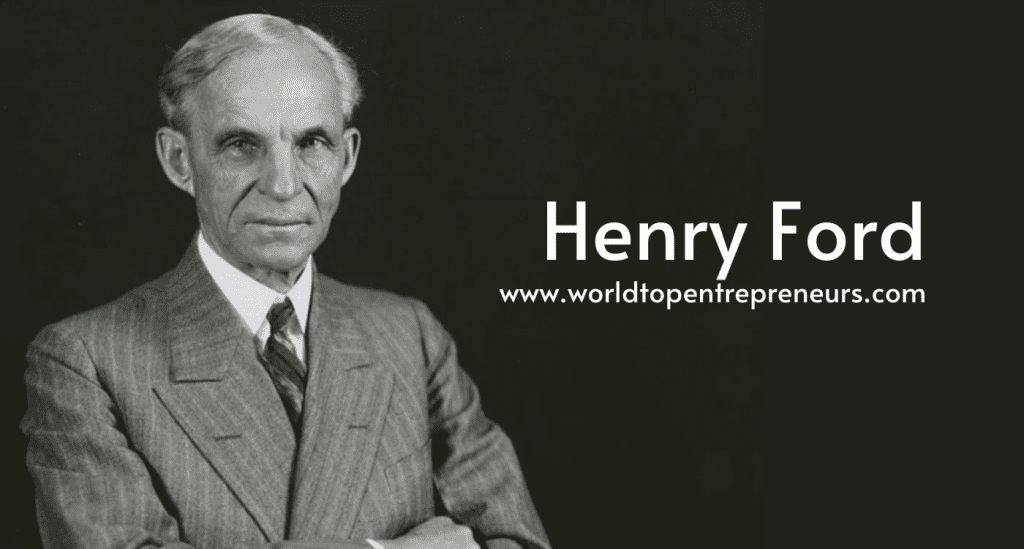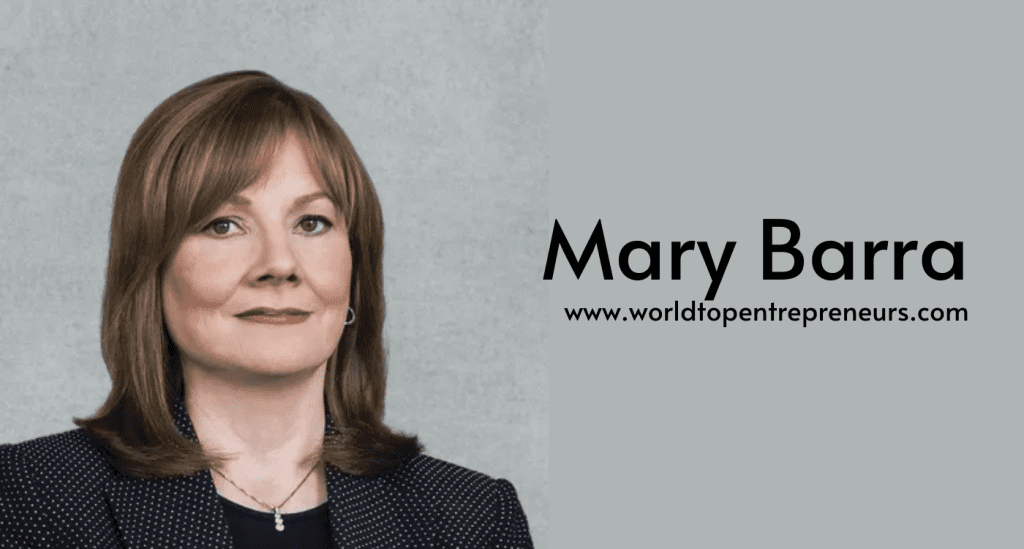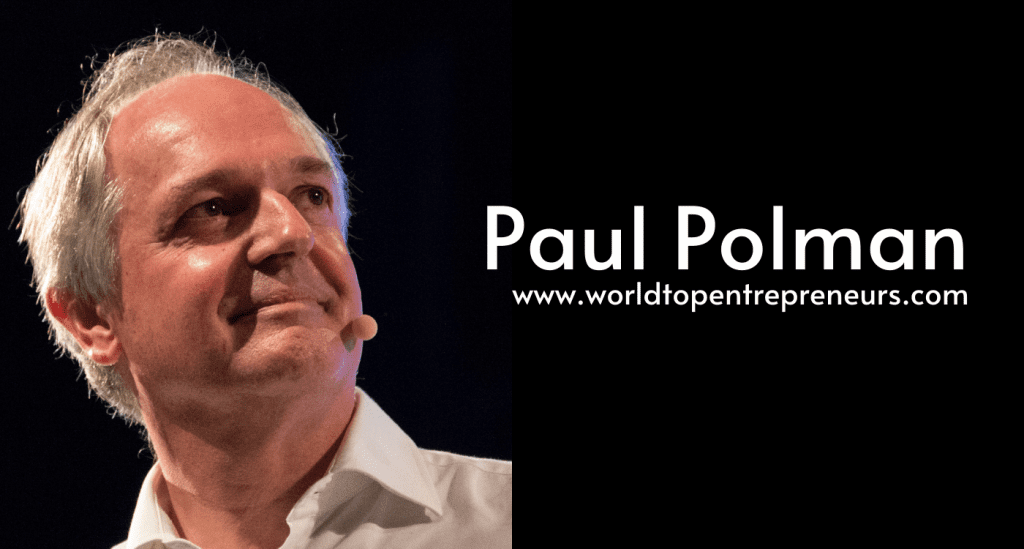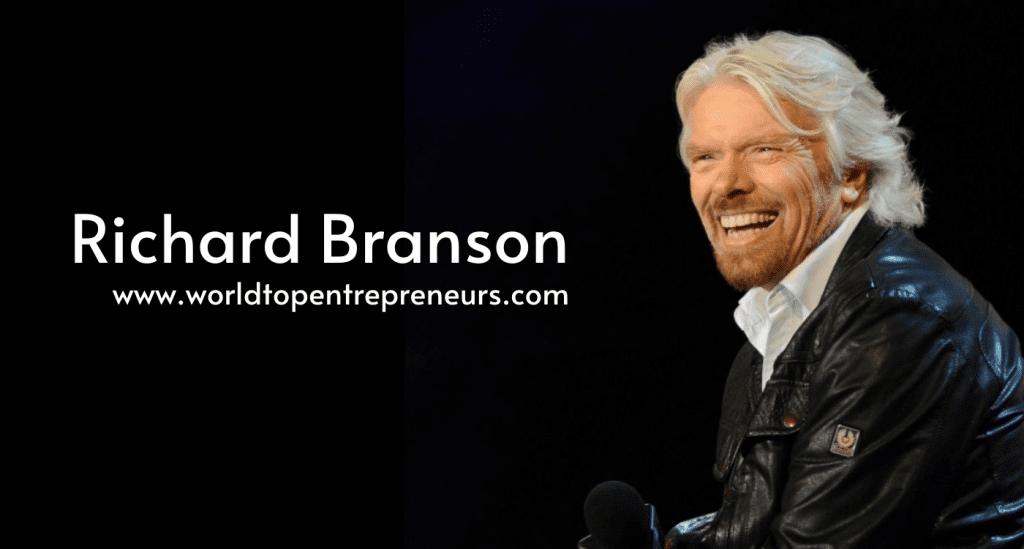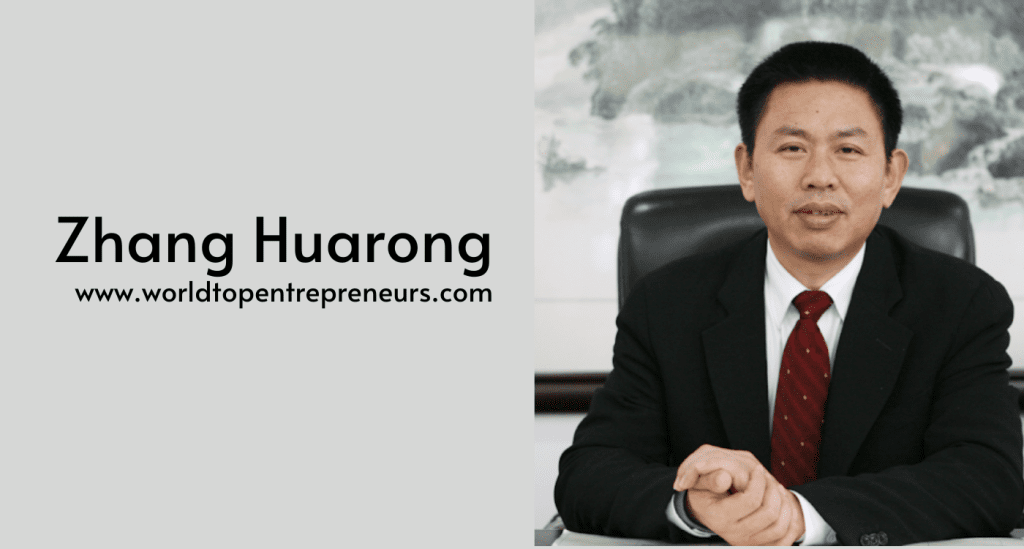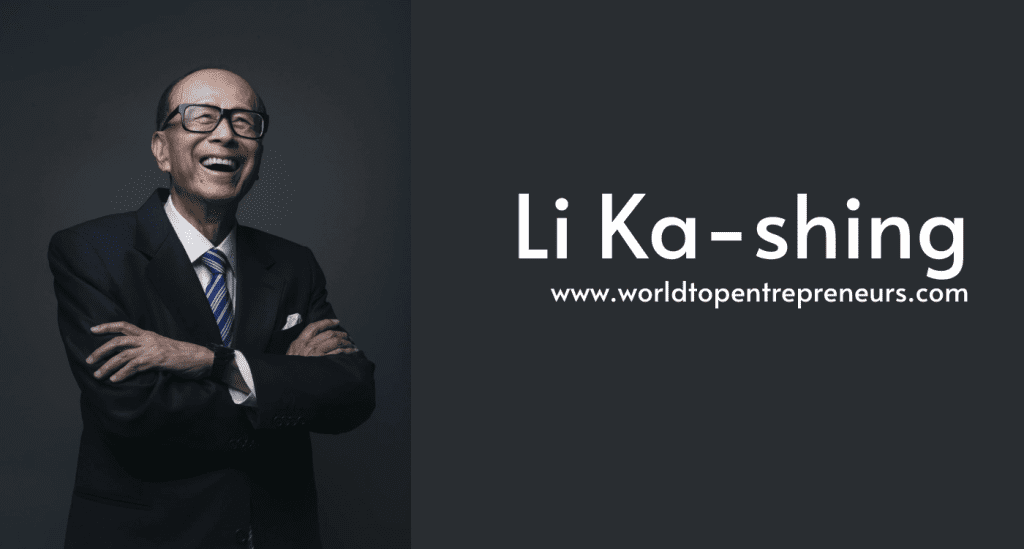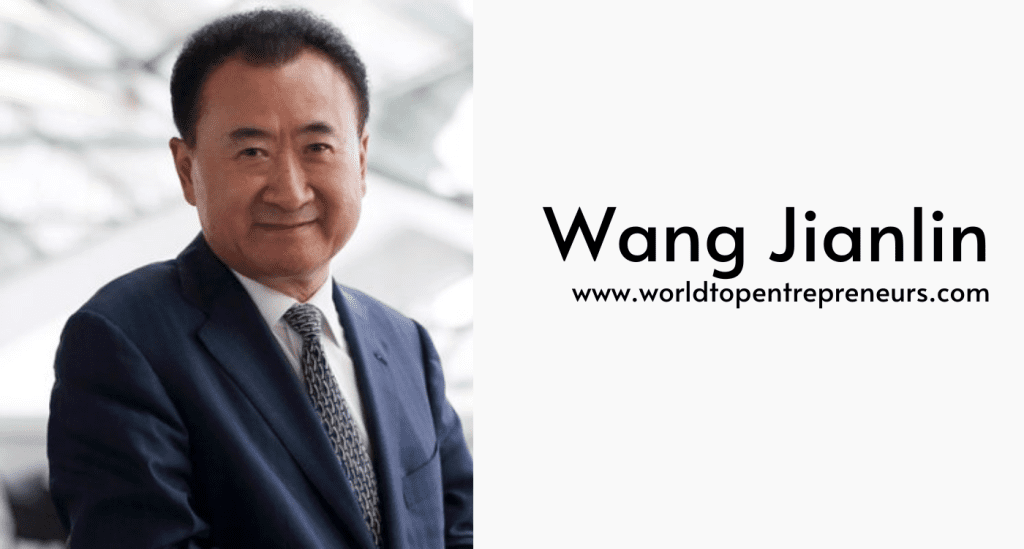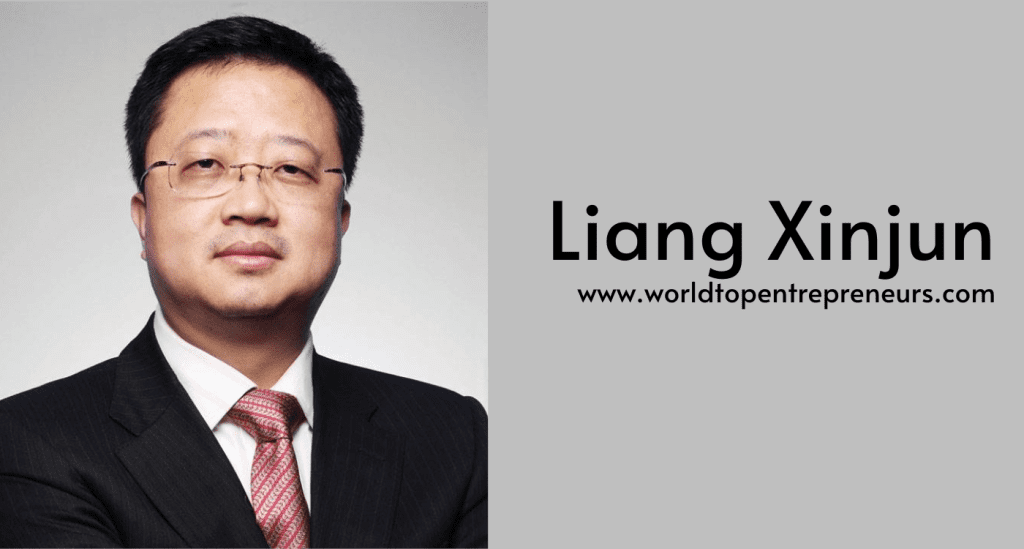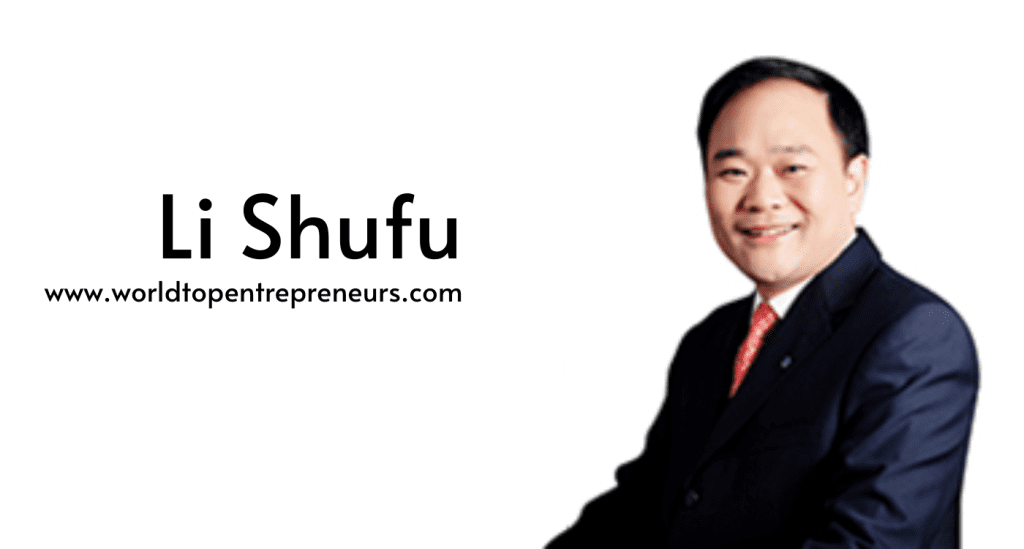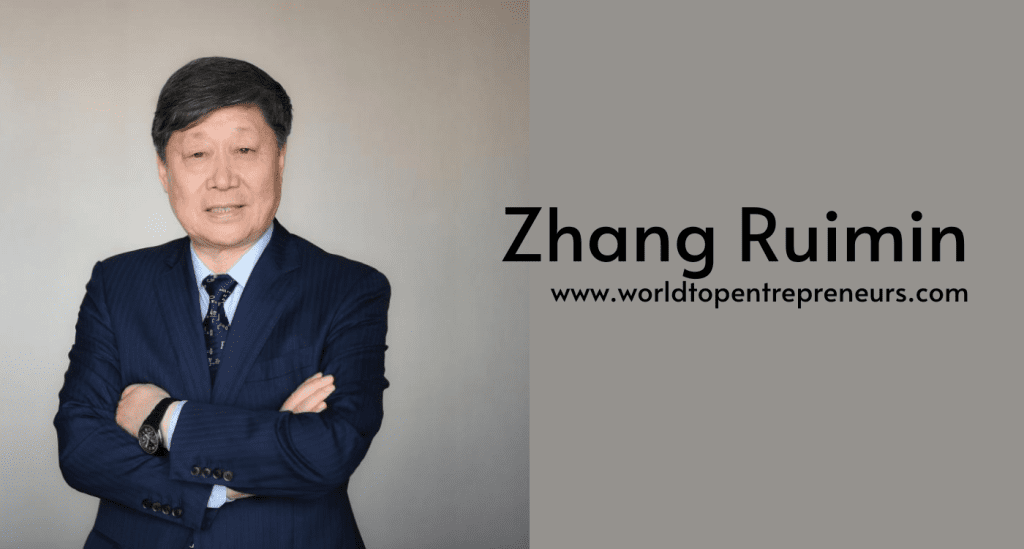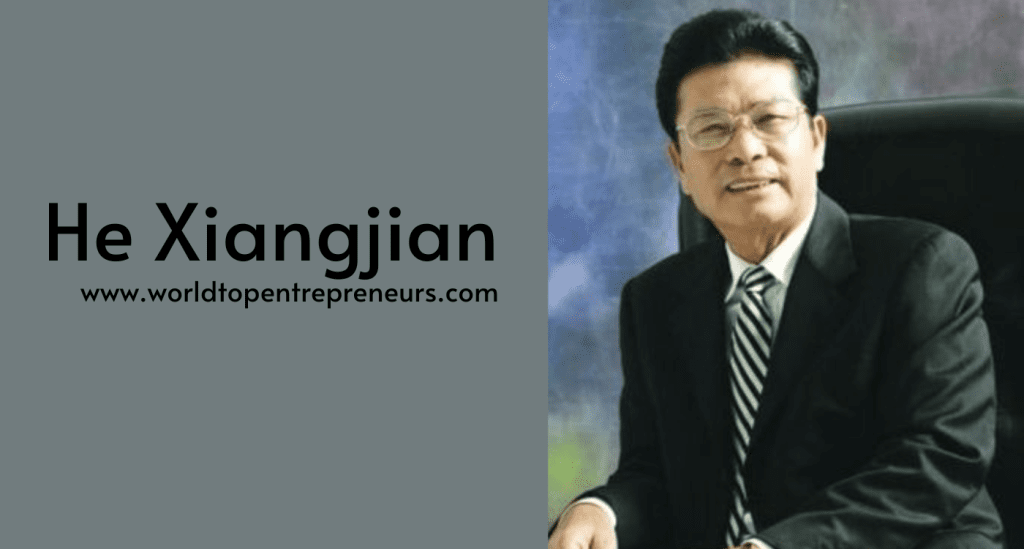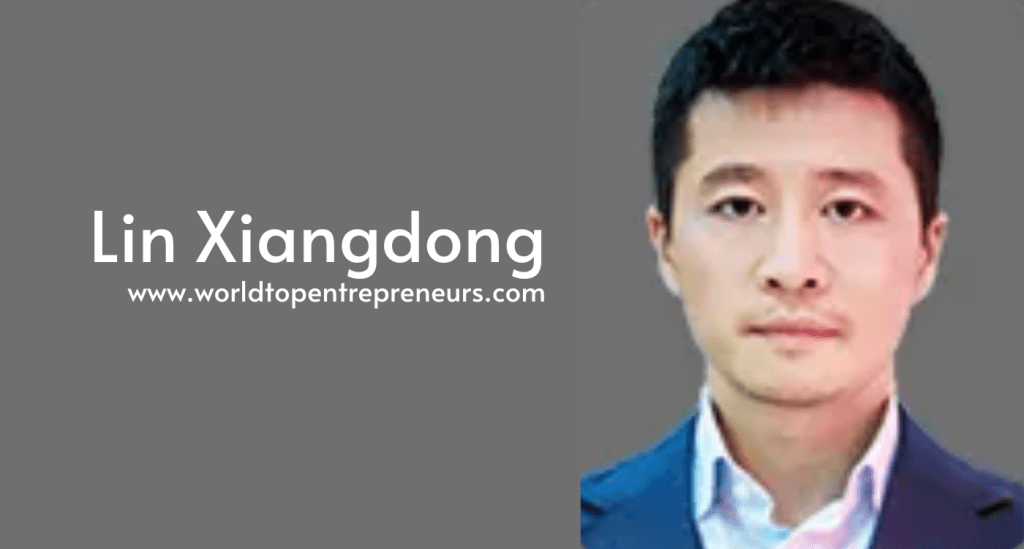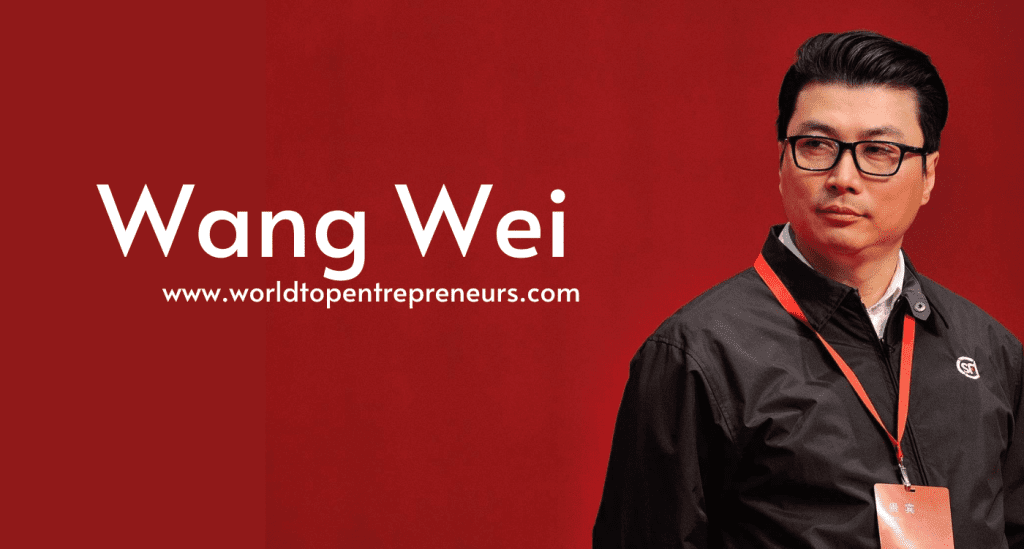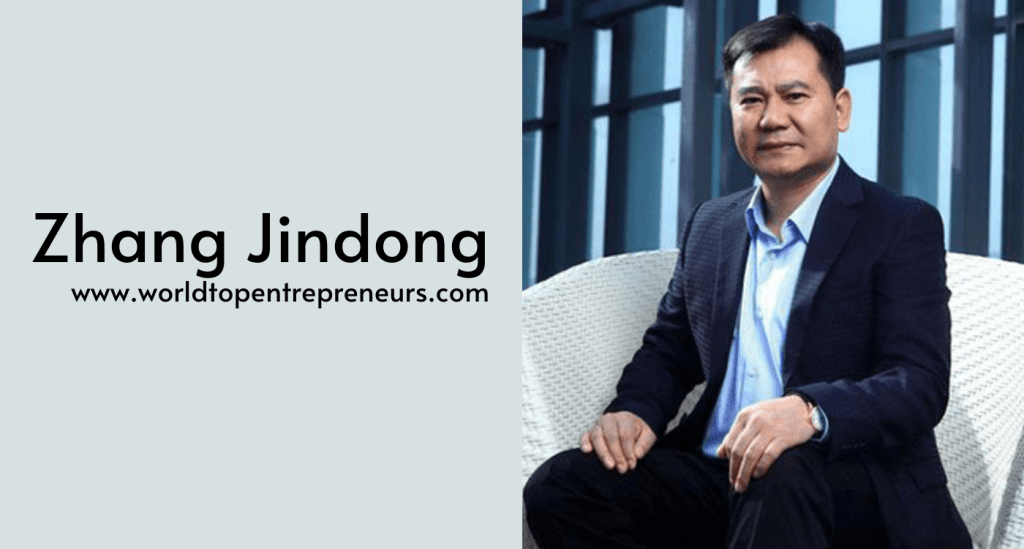James Sinegal, co-founder and former CEO of Costco Wholesale Corporation, is a name synonymous with innovation and ethical business practices in the retail industry. His journey from humble beginnings to building one of the world’s largest and most successful retail chains is nothing short of inspirational. Known for his unorthodox management style and unwavering commitment to his employees and customers, Sinegal’s legacy at Costco is a testament to what visionary leadership can achieve.
Early Life and Career Beginnings
James D. Sinegal was born on January 1, 1936, in Pittsburgh, Pennsylvania. Raised in a working-class family, Sinegal learned the value of hard work and perseverance from a young age. His first exposure to the retail industry came during his college years when he took a part-time job at FedMart, a discount retail chain. This experience would prove to be the foundation upon which he would build his future career.
After graduating from San Diego State University in 1959 with a degree in business, Sinegal joined FedMart full-time. Under the mentorship of Sol Price, the founder of FedMart and a pioneer of the warehouse retail model, Sinegal quickly rose through the ranks. His hands-on experience and keen understanding of retail operations would later influence his approach to building Costco.
The Birth of Costco
In 1983, James Sinegal, along with Jeffrey Brotman, co-founded Costco Wholesale Corporation in Seattle, Washington. The concept was simple yet revolutionary: a membership-based warehouse club that offered high-quality products at low prices. This model was designed to benefit both the consumer, through cost savings, and the business, through high volume sales and efficient operations.
From the outset, Sinegal was committed to creating a business that was different from traditional retail chains. He believed in transparency, both with customers and employees, and was adamant about maintaining a limited product selection to ensure quality and lower costs. This approach, combined with a no-frills shopping environment, allowed Costco to keep prices competitive.
Leadership Style and Philosophy
James Sinegal’s leadership style was characterized by simplicity, transparency, and an unwavering commitment to ethical business practices. Unlike many corporate executives, Sinegal was known for his open-door policy and his hands-on approach. He frequently visited Costco warehouses, interacting with employees and customers to gain firsthand insights into the business.
One of Sinegal’s most notable policies was his commitment to fair wages and benefits for employees. He believed that a well-compensated, motivated workforce was essential to the company’s success. This philosophy was evident in Costco’s industry-leading wages and comprehensive benefits packages, which included health insurance and retirement plans. Sinegal’s approach fostered a loyal and dedicated workforce, resulting in low turnover rates and high productivity.
Sinegal also prioritized transparency with customers. He implemented a strict markup policy, capping it at 15% for all products, compared to the 25-50% markup typical in traditional retail. This practice built trust with customers, who knew they were getting the best possible prices. Additionally, Costco’s return policy, one of the most generous in the industry, further reinforced customer loyalty.
Challenges and Triumphs
Building Costco into a retail giant was not without its challenges. The company faced intense competition from established retailers like Walmart and Target. However, Sinegal’s unwavering commitment to his core principles of low prices, quality products, and excellent customer service allowed Costco to carve out a unique niche in the market.
One significant challenge was the 2008 financial crisis, which tested the resilience of many businesses. Under Sinegal’s leadership, Costco not only weathered the storm but emerged stronger. By staying true to its business model and continuing to invest in employee wages and benefits, Costco maintained customer and employee loyalty during the economic downturn.
Sinegal’s decision to expand Costco’s global footprint was another strategic move that contributed to the company’s growth. By entering international markets, Costco was able to leverage its efficient operations and economies of scale to compete effectively. Today, Costco operates hundreds of warehouses worldwide, generating billions in revenue annually.
Retirement and Legacy
James Sinegal retired as CEO of Costco in 2012, handing over the reins to his long-time colleague, Craig Jelinek. Despite stepping down, Sinegal’s influence on the company remains profound. His business principles and management philosophy continue to guide Costco’s operations and strategic decisions.
Sinegal’s legacy extends beyond Costco’s financial success. He is widely regarded as a pioneer of ethical business practices in the retail industry. His commitment to fair wages, employee benefits, and customer transparency set a new standard for corporate responsibility. Sinegal demonstrated that it is possible to build a profitable business while maintaining a strong ethical foundation.
Personal Life and Philanthropy
Outside of his professional achievements, James Sinegal is known for his philanthropic efforts. He has donated generously to various causes, particularly in education and healthcare. Sinegal’s philanthropic philosophy mirrors his business approach: investing in people and communities to create lasting positive impact.
Sinegal and his wife, Janet, have been active supporters of San Diego State University, their alma mater. They have contributed to scholarship programs and campus development projects, ensuring that future generations of students have access to quality education. Additionally, Sinegal has supported healthcare initiatives, including funding for medical research and hospital facilities.
Conclusion
James Sinegal’s story is a powerful example of how visionary leadership and ethical business practices can drive success. From his early days at FedMart to building Costco into a global retail powerhouse, Sinegal’s journey is marked by a commitment to innovation, integrity, and people. His legacy at Costco is not just measured in financial terms but in the lasting impact he has had on employees, customers, and the broader retail industry.
Sinegal’s approach to business challenges the conventional wisdom that profitability and ethical practices are mutually exclusive. Instead, he has shown that treating employees well, being transparent with customers, and maintaining high standards of integrity can create a sustainable and successful business model. As Costco continues to thrive under the principles he established, James Sinegal’s influence on the retail industry remains as relevant and inspiring as ever.
The Influence of Sol Price
To truly understand James Sinegal’s approach to business, it’s essential to acknowledge the influence of Sol Price, his mentor and former employer at FedMart. Sol Price was a pioneer in the warehouse club retail format, and his innovative ideas greatly shaped Sinegal’s business philosophy. Price’s emphasis on cost efficiency, bulk purchasing, and passing savings onto customers were principles that Sinegal embraced wholeheartedly when he co-founded Costco.
Sinegal often credited Price with teaching him the importance of running a low-cost operation while maintaining high standards of service and quality. This mentorship was crucial in shaping Sinegal’s approach to retail, and it laid the groundwork for the success he would later achieve with Costco. By adopting and refining Price’s concepts, Sinegal was able to create a retail model that was both efficient and customer-centric.
Employee Relations: The Heart of Costco’s Success
One of the most distinguishing features of James Sinegal’s leadership at Costco was his unwavering commitment to his employees. Unlike many of his contemporaries who viewed labor as just another cost to be minimized, Sinegal believed that well-compensated, satisfied employees were essential to the company’s success. This belief was reflected in Costco’s industry-leading wages and comprehensive benefits packages.
Sinegal’s philosophy was that happy employees would lead to happy customers. He often pointed out that the cost of hiring and training new employees far exceeded the investment in retaining and developing existing ones. This approach resulted in an exceptionally low turnover rate, especially for the retail industry, where high turnover is the norm. The loyalty and dedication of Costco employees translated into better customer service, higher productivity, and ultimately, a stronger bottom line.
Customer Loyalty: Building Trust Through Transparency
Another cornerstone of James Sinegal’s strategy was building and maintaining customer loyalty through transparency and trust. He understood that customers who felt they were getting the best value for their money would keep coming back. This led to Costco’s policy of capping markups at 15%, ensuring that customers always got a fair deal. This transparency in pricing was a stark contrast to many competitors who often used complex pricing strategies to maximize profits.
Moreover, Costco’s generous return policy reinforced this trust. Customers knew they could return products without hassle, which encouraged them to try new products and shop with confidence. Sinegal’s focus on customer satisfaction was not just about short-term sales but about building long-term relationships. This customer-centric approach has been a significant factor in Costco’s sustained growth and success.
Navigating Economic Challenges
Sinegal’s leadership was particularly noteworthy during economic downturns. The 2008 financial crisis, for example, was a period of significant strain for many businesses. However, Sinegal’s commitment to his core principles of fair wages and low prices did not waver. While many companies cut costs by reducing employee benefits or raising prices, Costco maintained its standards. This decision paid off as it strengthened the loyalty of both employees and customers, helping Costco emerge from the crisis in a strong position.
This resilience was also evident in how Costco managed its supply chain and inventory. Sinegal’s emphasis on efficiency and cost control allowed the company to navigate economic challenges without compromising on quality or service. By keeping operating costs low and leveraging economies of scale, Costco was able to maintain its competitive edge even in tough times.
Global Expansion: A Strategic Move
Under Sinegal’s leadership, Costco expanded its operations beyond the United States, entering international markets with the same core principles that had driven its domestic success. This expansion was not just about increasing revenue but about applying a proven business model to new markets. Sinegal’s strategic vision and meticulous planning ensured that Costco’s international ventures were well-executed and aligned with the company’s values.



